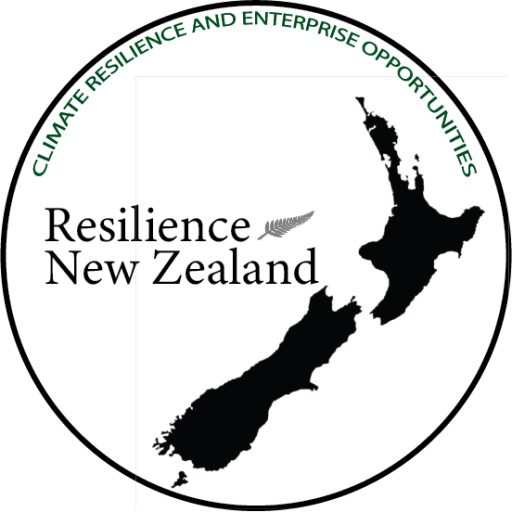Business
How is Climate change relvant to Business?
General Issues
- Maori tourism businesses adopting more sustainable practices (Maori Indigenous values and tourism business sustainability 2021)
- Growing acceptance of climate refugee policy (Acceptance of climate change and climate refugee policy in Australia and New Zealand 2021)
- Limiting nitrogen emissions in New Zealand beef production (Eutrophication and climate change 2020)
efforts in Aotearoa, New Zealand
Other parts of the world
Business has a cascading effect on people and the environment. Wherever business is, people go and impact that environment. As the people of Aotearoa, New Zealand build resilience to a changing climate, they create opportunities for companies stationed in the United States to add to the market for climate resilience services and goods (Climate Resilience and Enterprise Opportunities in the New Zealand and Oceania Region). In the approaching decades, we expect demand for these goods and services to climb as climate change worsens (Climate Resilience Enterprise Opportunities in the New Zealand and Oceania Region).
Decarbonization Efforts
Key Players
Non-government Organizations (NGOs) like Oxfam New Zealand, Federated Farmers, and The Wellington City Commission
Banks like ANZ Banking Group, ASB Bank Limited, and Australia and New Zealand Banking Group Limited
Insurance companies like The Insurance Company LTD, Allianz New Zealand, and New Zealand Life and Health Insurance
Policy states New Zealand will reduce its emissions. Businesses must adapt or fall behind.
Projections and goals to reduce net emissions 50% by 2030. This would bring New Zealand’s emissions down to what they were in 2005. The agricultural, energy generation, transport, industrial processes, and waste sectors have the responsibility to meet government goals with subgoals and targets stated in the New Zealand government’s plan (New Zealand Government 2022). Likewise, policy directed towards corporations ensures such goals toward overall climate resilience get met.
Climate change is taking its toll on New Zealand’s economics through inflation in the housing and construction industries. (New Zealand Business Survey Isn’t Good News for RBNZ in Inflation Fight 2022). The main drivers for the inflation include a recent increase in labor cost and demand and supply chain problems (Annual inflation reaches 30-year high of 6.9 percent 2022). The past couple years saw a drastic price change that could be long-lasting due to climate change.
Government and Business
TOURISM Carbon Challenge
In 2017, a case study looked into air transportation and its effects on tourism. Emissions from international travel rose 60% from 2007 to 2017, 38% was from visitor travel and 86% was residential. By 2017, carbon emissions for international aviation reached 8.4 million tons (Tarr 2022).
Air New Zealand, New Zealand’s leading airline is majorly owned by the New Zealand government. With the goal to reduce net emissions 50% by 2030, projects focusing on operational efficiency, sustainable aviation fuel, continued fleet renewal, and zero emission aircraft technology are currently underway.
Next Generation Aircraft is New Zealand’s mission to drive the development of zero emissions aircraft technologies. Mission Next Gen Aircraft has set two goals: in 2026 fly the first commercial demonstrator flight and in 2030 begin replacing the Q300 domestic fleet with a more sustainable aircraft (Air New Zealand 2022).
In order to accomplish these goals, Air New Zealand has partnered with four companies with the intention of purchasing an aircraft in 2026 demonstrations. The partnering companies BETA, Cranfield Aerospace, Eviation, and VoltAero are currently working towards a sustainable commercial aircraft.
